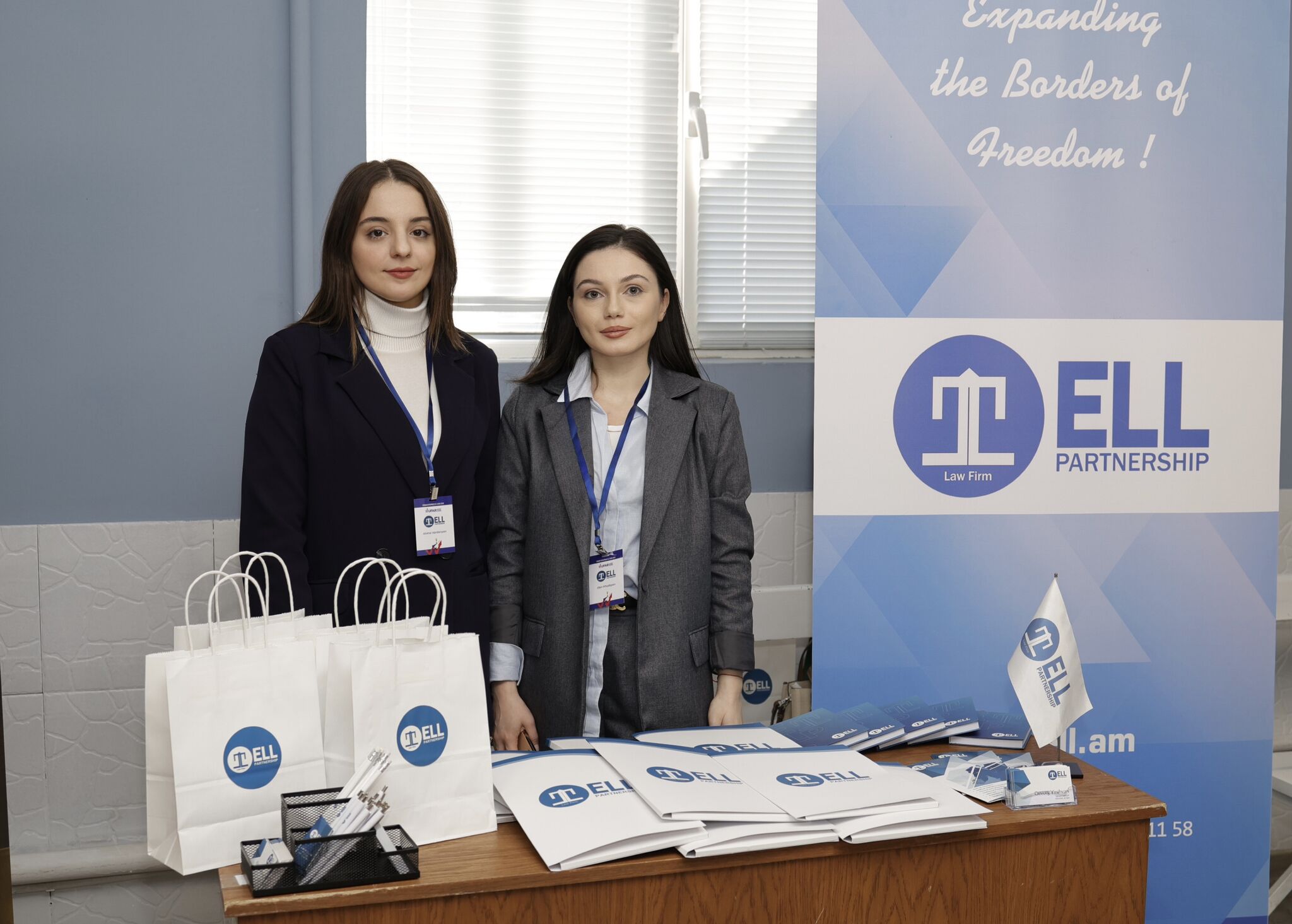An Important Victory in an Administrative Case at the RA Court of Cassation

Norayr Balayan, a shareholder of "ELL PARTNERSHIP" Law Firm, and senior lawyer, advocate Gohar Avagyan, have achieved a significant victory in the Republic of Armenia’s Court of Cassation in administrative case No. VD/9254/05/21.
On May 4, 2021, the State Revenue Committee of the Republic of Armenia issued Outbound Customs Inspection Act No. 0017-A, which was based on the alleged non-conformity of goods imported into the Republic of Armenia by “PAPYRUS GLOBAL” LTD with the terms set forth in the Agreement for the granting of privileges.
Our firm’s legal team, undertaking the defense of “PAPYRUS GLOBAL” LTD ’s interests, filed a claim with the Administrative Court of the Republic of Armenia on August 20, 2021, requesting the complete annulment of the aforementioned administrative act.
The basis of the claim was the systemic interpretation of the “Agreement on the Importation of Educational, Scientific, and Cultural Materials,” its preamble, and RA Government Decision No. 122-N, which directly implies that the disputed administrative act does not reflect the essence of the Agreement and does not serve its objectives.
The Administrative Court of the Republic of Armenia fully upheld the claim. Subsequently, the Court of Appeal annulled the Administrative Court’s judgment based on the appeal filed by the State Revenue Committee.
The plaintiff appealed the judicial act of the Administrative Court of Appeal to the Court of Cassation. On December 5 of this year, the Court of Cassation upheld the appeal filed by our firm’s legal team, reaching the following conclusions:
While addressing the key question of whether the application of customs privileges under the Agreement for the Importation of Educational, Scientific, and Cultural Materials depends on the importer’s direct use of the goods for their designated purpose, the Court of Cassation stated:
“(...) In the present case, there is no argument, reasoning, or evidence that the imported goods were used for purposes other than their designated purpose (not used in printing activities of educational, scientific, and cultural materials) after being transferred by the Company to other parties.
In fact, in this case, the administrative authority has failed to substantiate in any way that the educational, scientific, and cultural goods imported by the Company were used for purposes other than those declared in the Agreement. Furthermore, the mere fact that the goods were transferred to another party cannot serve as sufficient evidentiary basis to establish that the goods were used for purposes other than their designated use. (...)"
In addition, while addressing the attribution of a violation of Article 126, Part 2 of the EAEU Customs Code to the Company by the disputed administrative act, the Court of Cassation noted that the referenced legal provision is not applicable in this case, as the customs exemption or other payments related to the importation granted to the Company were not accompanied by any restrictions on the use and/or disposal of the imported goods.
This victory is of particular importance as the Court of Cassation effectively overturned the precedent established in administrative case No. VD/4724/05/17 regarding the same legal issue.
Such victories reaffirm that while the path to justice may be long and complex, it is achievable and sometimes inevitable.



